Imagine this: It’s 11 PM, and you’re lying in bed, scrolling through social media. You tell yourself, “Just five more minutes,” but an hour later, you’re still awake, feeling restless and anxious. Sound familiar? This is just one example of how our phones, while incredibly useful, can silently harm our mental well-being. In this article, we’ll explore how excessive screen time impacts our mental health and share practical ways to reclaim balance in our digital lives.
What Is Smartphone Addiction?
Smartphone addiction is more than just a habit—it’s a real issue affecting millions worldwide. Our phones have become our go-to for everything, from communication to entertainment. But this constant connection can lead to dependency, making it hard to put the device down.
Signs You Might Be Addicted to Your Phone
- Feeling anxious without your phone.
- Spending hours scrolling through apps.
- Neglecting real-life interactions for screen time.
- Struggling to focus on tasks due to phone distractions.
10 Shocking Ways Screen Time Impacts Mental Health
1. Increased Anxiety Levels
Excessive screen time, particularly on social media, has been linked to a rise in anxiety levels. This phenomenon, often called “digital detox anxiety,” occurs when individuals feel restless, sweaty, or even experience heart palpitations when separated from their phones.
Key Facts and Statistics
- A 2021 study by the American Psychological Association (APA) found that 42% of adults feel anxious when they can’t check their phones.
- Social media comparison is a major contributor. Research shows that 60% of people feel inadequate after comparing their lives to others online.
- Fear of Missing Out (FOMO) is another factor. A survey by Global Web Index revealed that 34% of young adults experience FOMO, leading to constant phone-checking habits.
How Smartphones Fuel Anxiety
Smartphones, while revolutionary, have become a significant source of anxiety for many, often fueled by phone addiction. Here’s how they contribute to heightened stress levels:
- Constant Notifications: The ping of a new message or update triggers a dopamine rush, making us crave more. Over time, this creates dependency.
- Social Media Pressure: Platforms like Instagram and Facebook often showcase idealized lives, making users feel their own lives are lacking.
- Work-Life Blur: Smartphones make it hard to disconnect from work, leading to chronic stress and burnout.
What You Can Do
- Set Boundaries: Designate specific times to check your phone.
- Turn Off Notifications: Reduce distractions by silencing non-essential alerts.
- Practice Mindfulness: Engage in activities that don’t involve screens, like meditation or journaling.
By understanding how smartphones contribute to anxiety, we can take steps to manage our screen time and protect our mental health.
2. Poor Sleep Quality
Excessive smartphone use, especially before bed, has a direct and harmful impact on sleep quality. Here’s how:
How Blue Light Affects Sleep
- Melatonin Disruption: The blue light emitted by screens interferes with the production of melatonin, the hormone responsible for regulating sleep. Studies show that using smartphones within 2 hours of bedtime can reduce melatonin levels by up to 22%.
- Delayed Sleep Onset: Research from the National Sleep Foundation reveals that 90% of people who use their phones before bed experience delayed sleep onset, taking longer to fall asleep.
Psychological Impact of Phones in the Bedroom
- Increased Stress: Keeping your phone nearby at night can lead to heightened stress levels. A 2022 study found that 65% of participants felt anxious when their phone was within arm’s reach while sleeping.
- Sleep Fragmentation: Notifications, vibrations, or even the urge to check your phone can interrupt sleep. According to the Sleep Health Journal, 70% of smartphone users wake up at least once during the night due to their devices.
Long-Term Consequences
- Chronic Sleep Deprivation: Poor sleep quality over time can lead to insomnia, fatigue, and even mental health issues like depression and anxiety.
- Impact on Daily Life: Sleep deprivation caused by smartphone use can reduce productivity, impair memory, and increase irritability.
By limiting screen time before bed and creating a phone-free sleep environment, you can significantly improve your sleep quality and overall mental health.
3. Feelings of Isolation
Spending excessive time on smartphones can significantly impact mental health by fostering feelings of isolation. This phenomenon is increasingly prevalent in today’s digitally connected yet socially fragmented world. Below are key aspects of how smartphone usage contributes to isolation:
Reduced Face-to-Face Interactions:
- A 2023 study by the American Psychological Association (APA) found that 58% of adults who spend more than 5 hours daily on their smartphones reported feeling lonely, compared to 27% of those who limited usage to under 2 hours.
- Over-reliance on virtual communication diminishes opportunities for meaningful in-person connections, which are crucial for emotional well-being.
Social Media Comparison and Loneliness:
- Research from the University of Pennsylvania revealed that limiting social media use to 30 minutes daily significantly reduced feelings of loneliness and depression.
- Constant exposure to curated, idealized versions of others’ lives can exacerbate feelings of inadequacy and social isolation.
Disconnection from Real-World Relationships:
- A 2022 survey by the Pew Research Center found that 45% of smartphone users felt their devices interfered with their ability to fully engage in face-to-face conversations.
- Overuse of smartphones can lead to a decline in the quality of real-world relationships, as individuals may prioritize virtual interactions over physical ones.
In conclusion, while smartphones offer connectivity, their overuse can paradoxically deepen feelings of isolation, highlighting the need for mindful usage to preserve mental health.
4. Depression and Low Self-Esteem
The pervasive use of smartphones and social media has been closely linked to rising rates of depression and low self-esteem, particularly among younger generations.
Key Factors Contributing to Depression and Low Self-Esteem
- Social Comparison: Studies show that 60% of social media users report feeling inadequate due to comparing their lives to others’ curated posts. This constant comparison can lead to feelings of worthlessness and dissatisfaction.
- Validation Seeking: The pursuit of likes, comments, and shares can create a dependency on external validation. Research indicates that individuals who base their self-worth on social media feedback are 3 times more likely to experience depressive symptoms.
- Cyberbullying: Approximately 37% of young people have experienced cyberbullying, which is strongly associated with increased depression and low self-esteem.
Statistical Insights
- A 2022 study found that teens who spend more than 3 hours daily on social media are 35% more likely to develop depression.
- The World Health Organization (WHO) reports that smartphone overuse contributes to a 20% increase in self-esteem issues among adolescents.
Psychological Impact
- Negative Self-Perception: Constant exposure to idealized images and lifestyles can distort self-perception, leading to chronic dissatisfaction and depressive thoughts.
- Emotional Isolation: Despite being “connected,” excessive smartphone use can lead to feelings of loneliness, further exacerbating mental health issues.
In conclusion, the smartphone-driven culture of comparison and validation-seeking has profound implications for mental health, necessitating mindful usage and digital detox strategies.
5. Decreased Productivity
Smartphone overuse has been linked to significant declines in productivity, particularly in work and academic environments. The constant notifications, social media updates, and app usage create distractions that fragment focus and reduce efficiency.
Key Impacts on Productivity:
- Distraction Frequency: Studies show that the average person checks their phone 58 times a day, with 30% of these interruptions occurring during work or study hours.
- Task Switching Costs: Research from the University of California, Irvine, reveals that it takes an average of 23 minutes to refocus on a task after a smartphone distraction.
- Cognitive Load: Multitasking between smartphones and work increases mental fatigue, reducing the brain’s ability to process information effectively.
Mental Health Consequences:
- Increased Stress: A 2022 study by the American Psychological Association found that 60% of individuals who frequently use smartphones during work reported higher stress levels due to unfinished tasks and missed deadlines.
- Anxiety and Guilt: The inability to meet productivity goals due to phone use often leads to feelings of guilt and anxiety, further exacerbating mental health issues.
Statistical Insight:
- A Deloitte report highlighted that 40% of smartphone users admit to using their devices during work for non-work-related activities, contributing to a 26% drop in daily productivity.
By reducing smartphone dependency, individuals can reclaim focus, improve performance, and alleviate associated mental health stressors.
6. Relationship Strain: Smartphone Impact on Mental Health
Excessive smartphone use has become a significant contributor to relationship strain, negatively impacting mental health. Here’s how:
Emotional Disconnection
- Lack of Attention: A study by Brigham Young University found that 62% of couples reported feeling ignored by their partner due to smartphone use, leading to feelings of neglect and loneliness.
- Reduced Quality Time: Constant phone use during shared moments diminishes emotional intimacy, which is crucial for maintaining healthy relationships.
Increased Conflict
- Arguments Over Phone Use: Research published in the Journal of Social and Personal Relationships revealed that 70% of participants experienced conflicts with their partners over excessive phone use, often leading to unresolved tension.
- Distraction During Conversations: A 2023 survey by the Pew Research Center found that 54% of respondents felt their partners were distracted by their phones during important discussions, causing frustration and miscommunication.
Impact on Mental Health
- Stress and Anxiety: Relationship strain caused by smartphone overuse can lead to heightened stress and anxiety levels. A study by the American Psychological Association linked relationship conflicts to a 30% increase in anxiety symptoms.
- Feelings of Isolation: When one partner prioritizes their phone over their relationship, the other may feel emotionally isolated, contributing to depression and low self-esteem.
Statistics on Relationship Strain
- Divorce Rates: A 2022 study by the University of Chicago found that couples who reported high levels of phone-related conflicts were 20% more likely to consider separation or divorce.
- Time Spent on Phones: On average, individuals spend 3 hours and 15 minutes daily on their smartphones, with 40% of that time overlapping with family or partner interactions, as per a 2023 report by Data.ai.
In conclusion, excessive smartphone use not only strains relationships but also exacerbates mental health challenges, creating a cycle of emotional disconnection and conflict. Addressing this issue requires conscious efforts to prioritize in-person interactions over digital distractions.
7. Reduced Physical Activity
- Screen Time and Sedentary Behavior:
Excessive screen time, particularly on social media, contributes to a sedentary lifestyle. Studies show that adults spend an average of 6-7 hours daily on screens, reducing opportunities for physical activity. This lack of movement is linked to higher stress levels and poorer mental health outcomes. - Phone Addiction and Exercise:
Phone addiction often replaces time that could be spent on physical activities. Research indicates that individuals who spend more than 4 hours daily on their phones are 30% less likely to meet recommended exercise guidelines, exacerbating feelings of anxiety and depression. - Tech Impact on Sleep Quality:
Reduced physical activity due to excessive screen exposure also affects sleep quality. Poor sleep, combined with inactivity, creates a vicious cycle that worsens mental health. According to the Sleep Foundation, 70% of people who engage in minimal physical activity report disrupted sleep patterns. - Digital Detox as a Solution:
A digital detox, which involves limiting screen exposure, can help restore balance. Incorporating physical activities during this time not only improves fitness but also reduces stress levels and enhances overall mental well-being.
By addressing reduced physical activity caused by excessive screen time, individuals can mitigate the negative smartphone impact on mental health.
8. Eye Strain and Headaches: The Hidden Toll of Smartphone Overuse
Prolonged screen time has become a significant contributor to digital eye strain, a condition affecting millions worldwide. With the average person spending over 6 hours daily on devices, the tech impact on physical and mental health is undeniable.
Key Effects of Excessive Screen Time:
- Digital Eye Strain: Symptoms include dryness, redness, blurred vision, and discomfort. According to the American Optometric Association, nearly 59% of individuals who use digital devices experience these symptoms.
- Headaches: Prolonged exposure to screens, especially on social media platforms, can trigger tension headaches and migraines. Blue light emitted by smartphones disrupts the eyes’ natural focus, leading to strain.
- Sleep Disruption: Excessive screen exposure before bed suppresses melatonin production, reducing sleep quality. Poor sleep exacerbates stress levels, creating a vicious cycle that impacts mental health.
The Role of Phone Addiction:
- Phone addiction often leads to longer, uninterrupted screen sessions, worsening eye strain and headaches. A study by the Vision Council found that 80% of adults report using digital devices for more than two hours daily, with 59% experiencing symptoms of eye strain.
The Need for a Digital Detox:
- Implementing a digital detox can alleviate symptoms. Reducing screen exposure, using blue light filters, and practicing the 20-20-20 rule (looking at something 20 feet away for 20 seconds every 20 minutes) can significantly improve eye health and reduce stress levels.
By addressing the physical discomfort caused by excessive screen time, individuals can take a proactive step toward safeguarding their mental health.
9. Impaired Social Skills
The increasing reliance on smartphones for communication has raised concerns about its impact on real-world social skills. Here’s how excessive smartphone use affects interpersonal abilities.
Key Impacts:
Reduced Face-to-Face Interaction:
- Studies show that 58% of adults prefer texting over in-person conversations, leading to fewer opportunities to practice non-verbal cues like eye contact and body language.
- A 2023 survey revealed that 42% of teenagers feel anxious when communicating offline due to over-reliance on digital platforms.
Decline in Empathy and Emotional Intelligence:
- Research indicates that excessive screen exposure reduces the ability to interpret emotions, with a 15% drop in empathy levels among frequent smartphone users.
- Digital communication lacks tone and facial expressions, making it harder to develop emotional understanding.
Social Isolation and Loneliness
- A 2022 study found that individuals who spend more than 4 hours daily on smartphones report higher feelings of loneliness and social disconnection.
- Over 30% of young adults admit to feeling more comfortable interacting online than offline, leading to weaker real-world relationships.
Statistical Insights:
Global Smartphone Usage:
- The average person spends 3 hours and 15 minutes daily on their phone, with messaging apps accounting for 30% of that time.
- Over 60% of smartphone users admit to checking their devices during social gatherings, disrupting meaningful interactions.
Mental Health Connection
Impaired social skills contribute to mental health issues like anxiety and depression. A 2021 study linked poor offline communication skills to a 25% higher risk of developing social anxiety disorder.
10. Increased Stress from Information Overload
Smartphones have become a primary source of information, but the constant influx of notifications and updates can overwhelm users, significantly impacting mental health.
Key Factors Contributing to Stress:
- Notification Overload: The average smartphone user receives 46 notifications per day, with many feeling compelled to check their devices immediately. This creates a cycle of constant interruption, increasing anxiety and stress.
- Fear of Missing Out (FOMO): Social media platforms and news apps amplify FOMO, with 69% of millennials reporting they feel pressured to stay updated. This fear can lead to compulsive phone-checking behaviors, disrupting relaxation and sleep.
- Cognitive Overload: The human brain can only process a limited amount of information at once. Smartphones bombard users with excessive data, leading to mental fatigue and reduced ability to focus.
Statistical Insights:
- A 2022 study found that 58% of adults feel stressed due to the sheer volume of information they consume daily via smartphones.
- Research from the University of California revealed that frequent interruptions from notifications can increase stress hormones like cortisol by 28%, negatively affecting mental well-being.
Impact on Mental Health:
- Chronic stress from information overload can lead to burnout, anxiety disorders, and depression.
- The inability to disconnect from smartphones often results in poor sleep quality, further exacerbating mental health issues.
In conclusion, while smartphones provide valuable connectivity, the relentless flow of information they deliver can significantly elevate stress levels, making it crucial to establish boundaries for healthier mental well-being.
Strategies to Reduce Screen Time and Improve Mental Health
Set Boundaries
- Limit daily phone usage and stick to it.
- Turn off unnecessary notifications to minimize distractions.
Practice Digital Detox
- Designate phone-free times, like during meals or before bed.
- Replace screen exposure with activities like reading, exercising, or spending time with loved ones.
Create a Sleep-Friendly Environment
- Avoid screens at least an hour before bedtime.
- Keep your phone out of the bedroom to improve sleep quality.
Seek Support
- Talk openly about your struggles with phone addiction.
- Work with a mental health professional to develop coping strategies.
Key Takeaways
- Excessive screen exposure can lead to anxiety, poor sleep, and depression.
- Setting boundaries and practicing digital detox can help improve mental health.
- Real-world interactions are crucial for emotional well-being.
At a Glance
| Issue | Impact | Solution |
|---|---|---|
| Increased Anxiety | Stress, restlessness | Limit notifications, take breaks |
| Poor Sleep Quality | Insomnia, fatigue | Avoid screens before bed |
| Isolation | Loneliness, disconnection | Prioritize face-to-face interactions |
| Depression | Low self-esteem, sadness | Reduce social media use |
| Decreased Productivity | Lower performance, stress | Set phone-free work periods |
FAQs
Q: How much screen time is too much?
A: Experts recommend no more than 2 hours of recreational screen time daily for adults.
Q: Can smartphones cause anxiety?
A: Yes, excessive use can lead to digital detox anxiety and heightened stress levels.
Q: How can I improve my sleep quality?
A: Avoid screens before bed and keep your phone out of the bedroom.
Q: What are some alternatives to screen time?
A: Try reading, exercising, or spending time with family and friends.
Conclusion
While smartphones have revolutionized our lives, they come with a cost. Excessive screen time can harm our mental health, leading to anxiety, poor sleep, and feelings of isolation. By setting boundaries, practicing digital detox, and prioritizing real-world connections, we can create a healthier relationship with technology. Let’s take control of our screen-time and focus on what truly matters—our well-being.

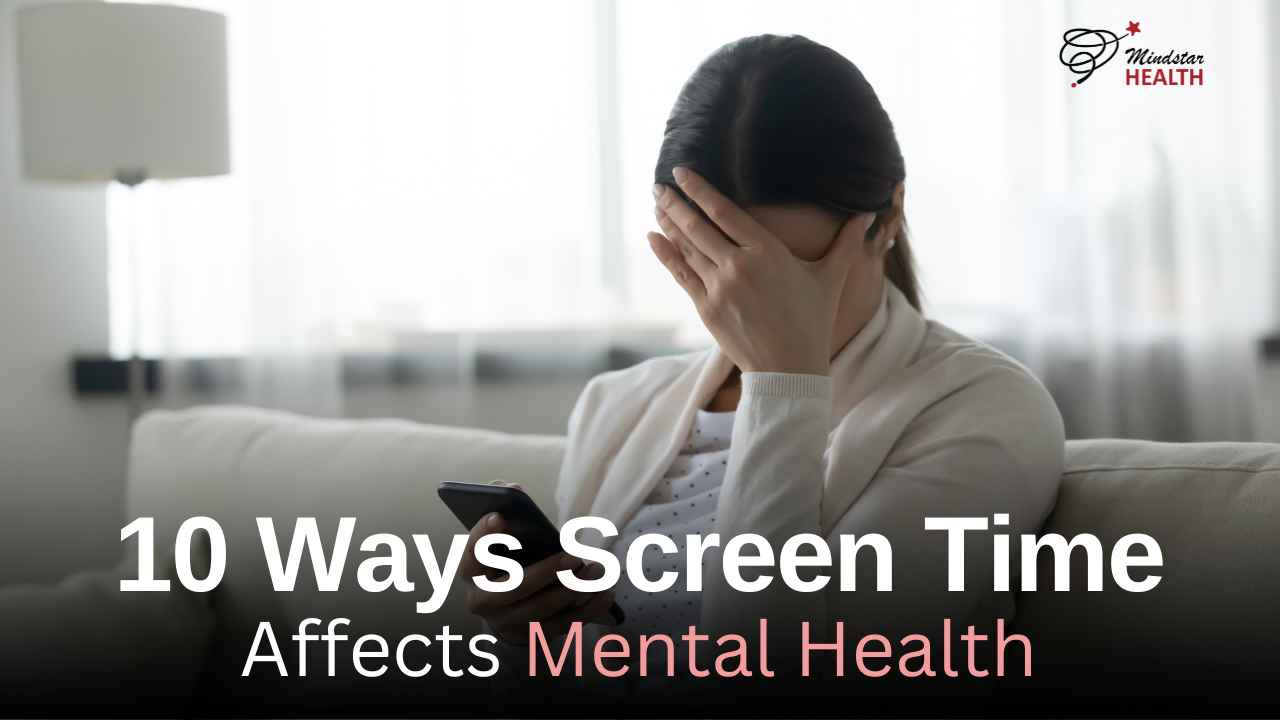
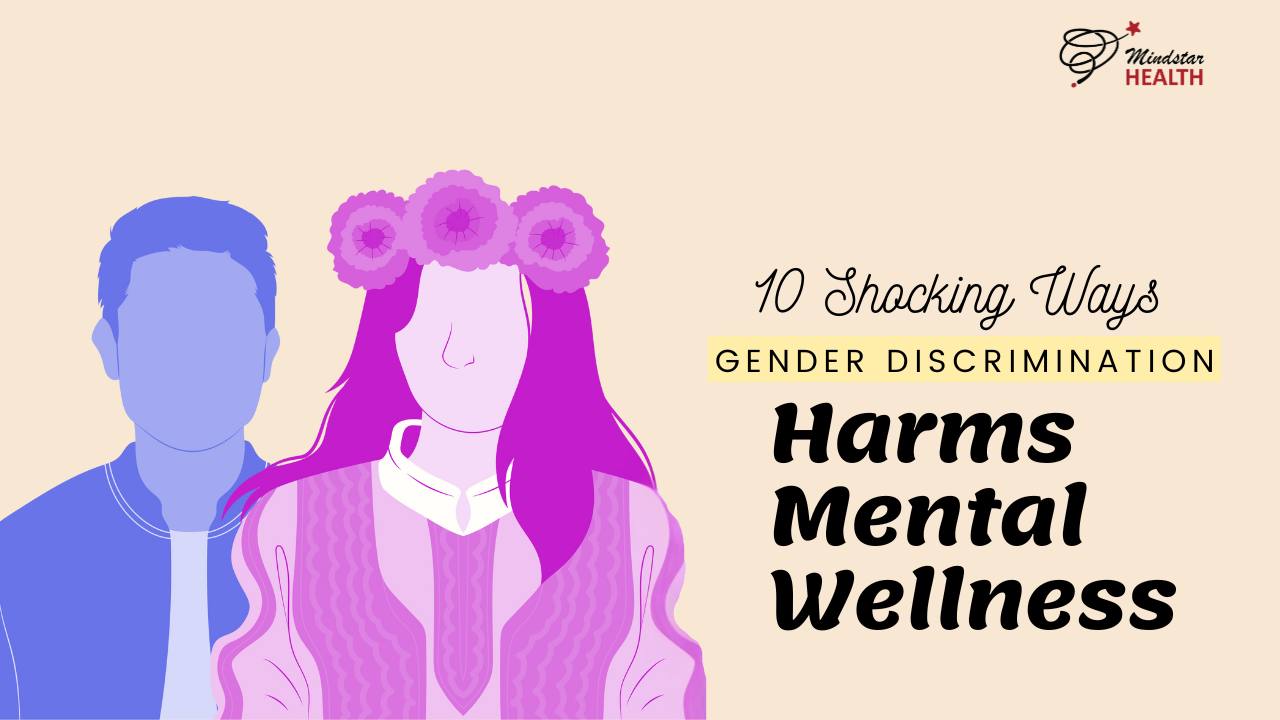

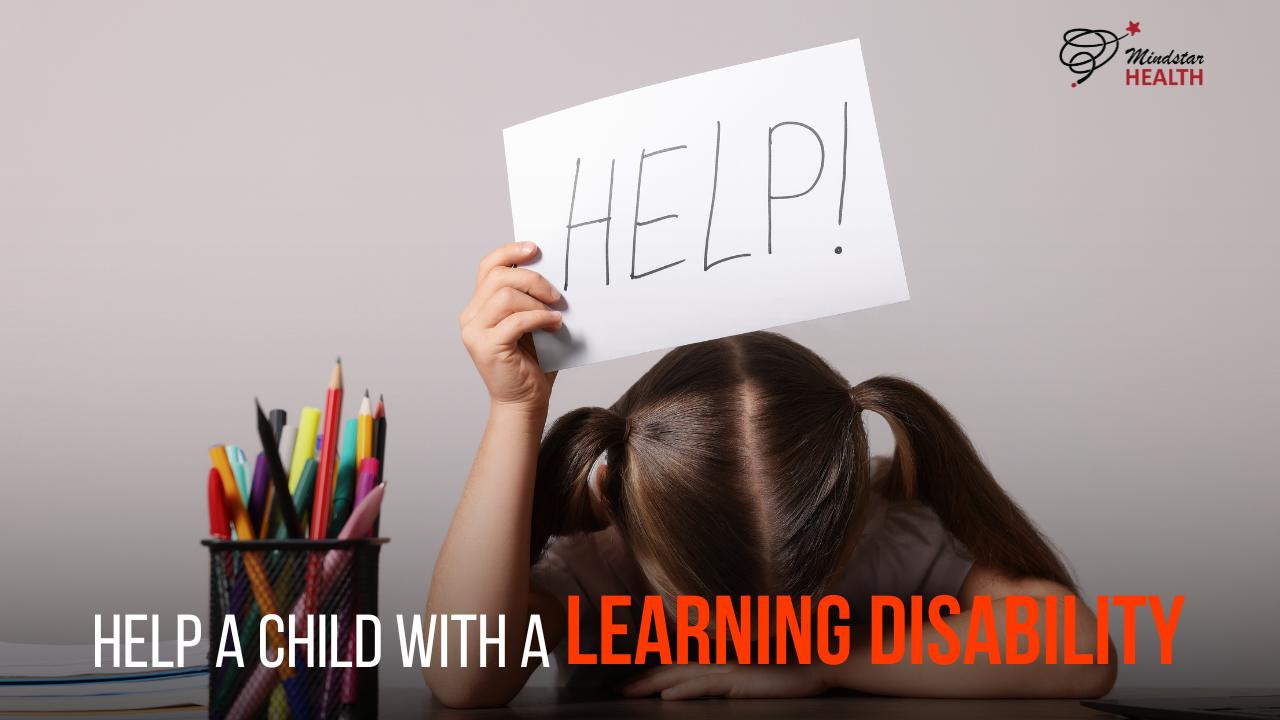

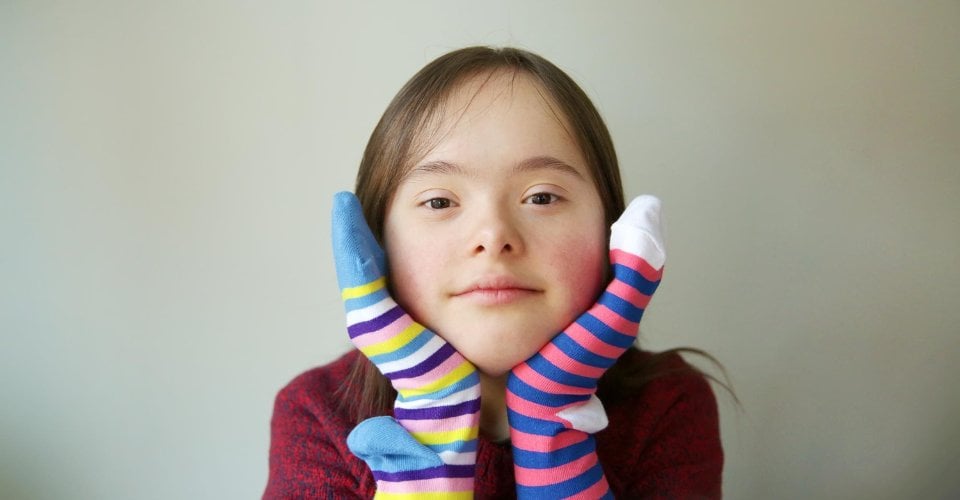









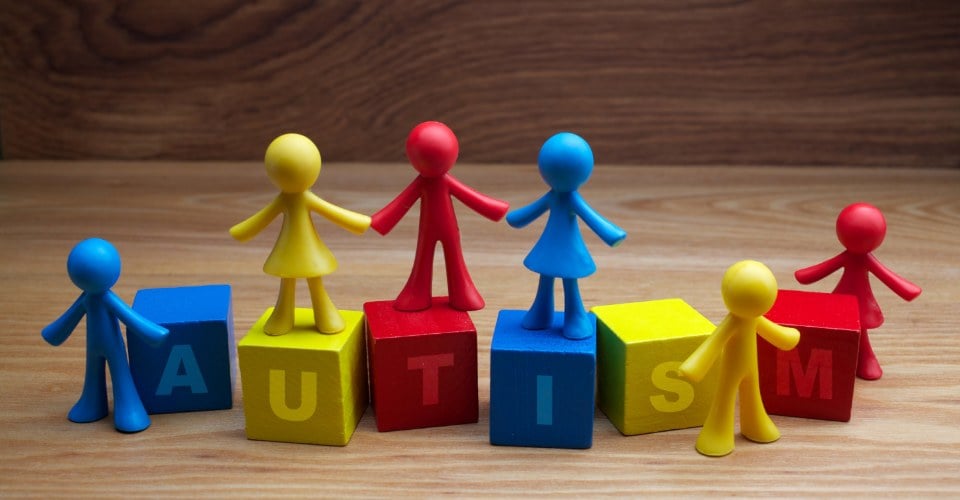


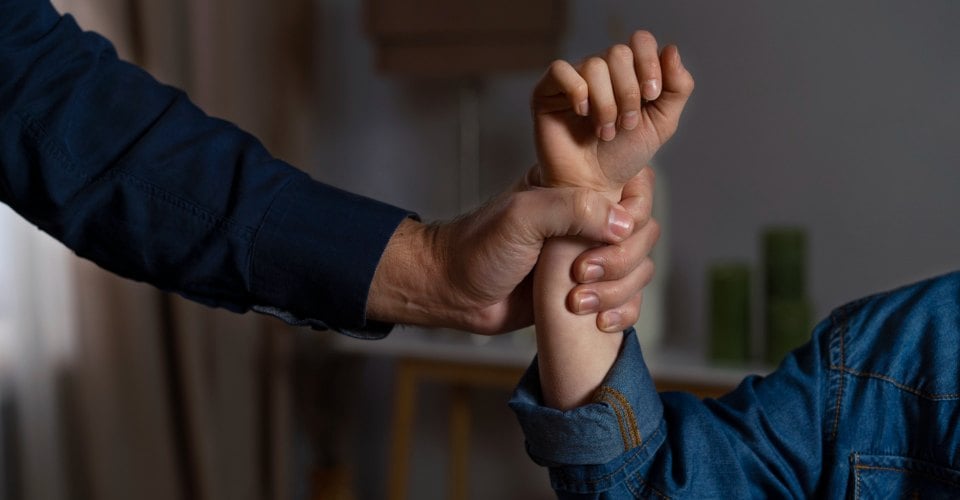

Leave a Reply
You must be logged in to post a comment.